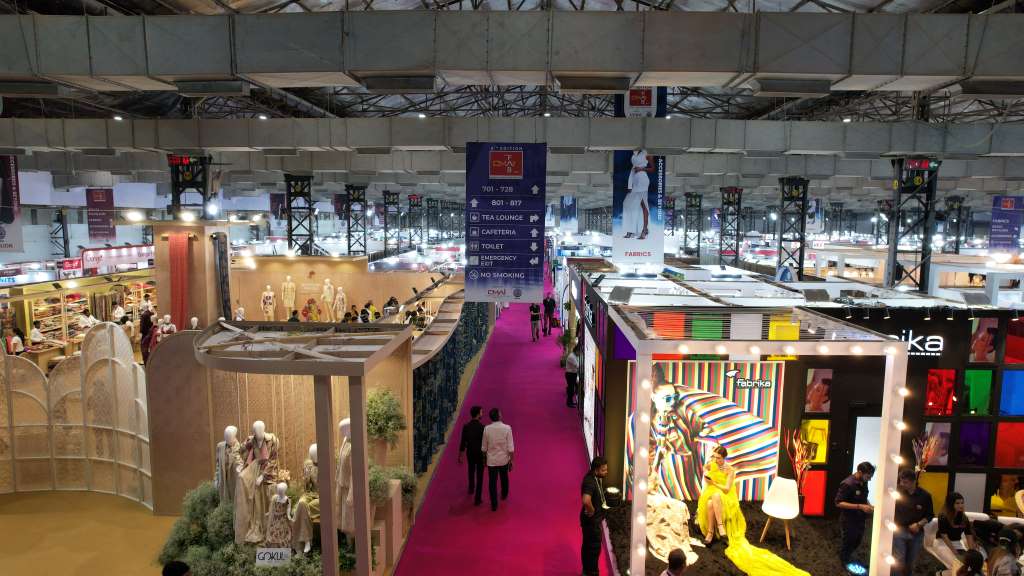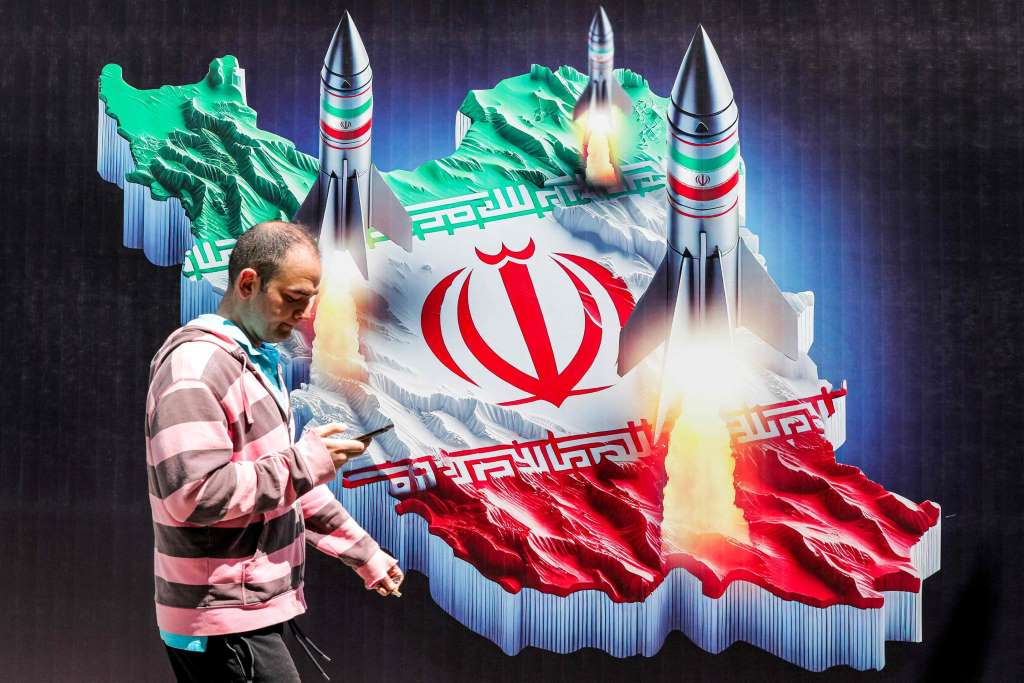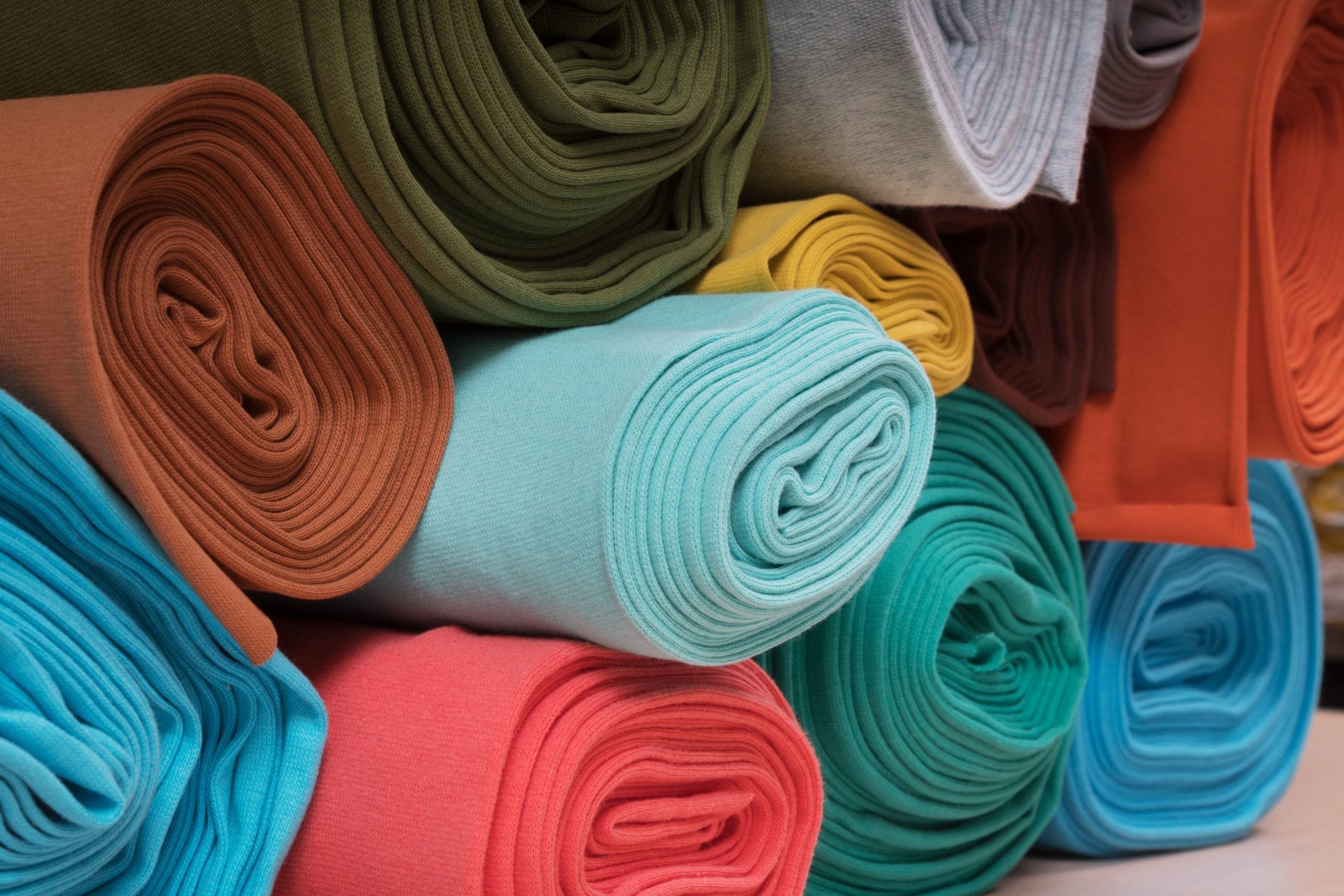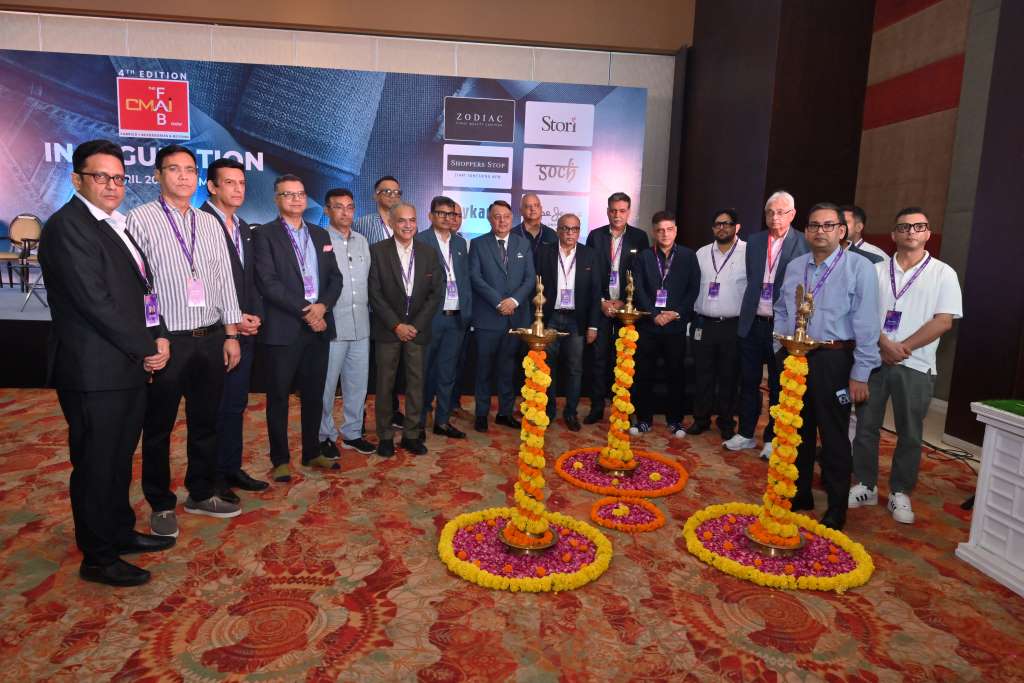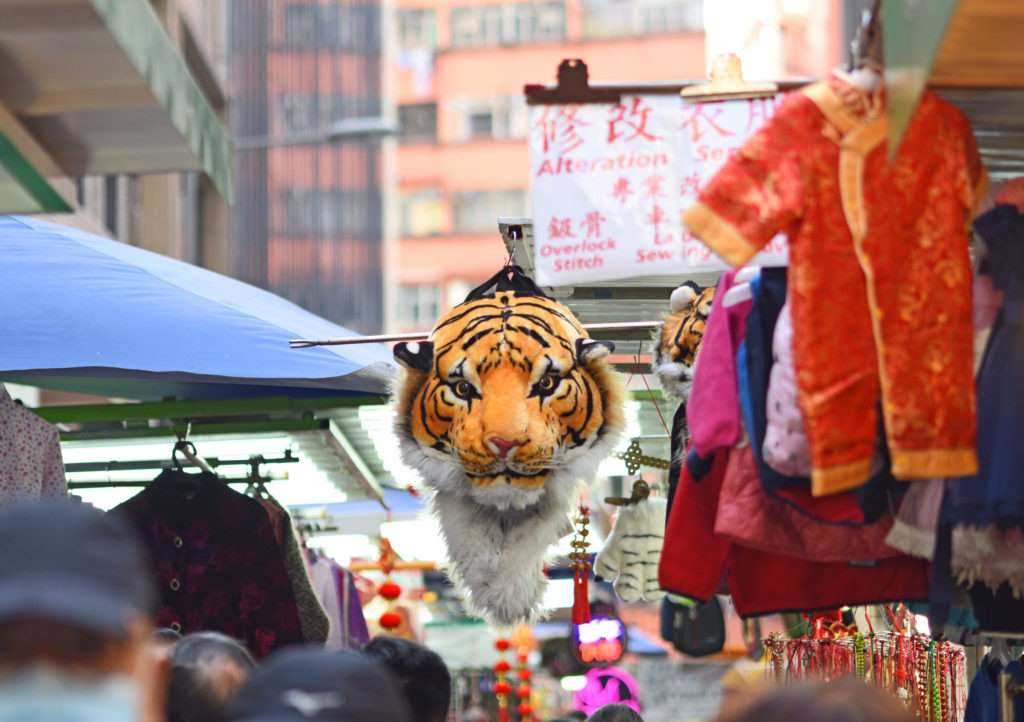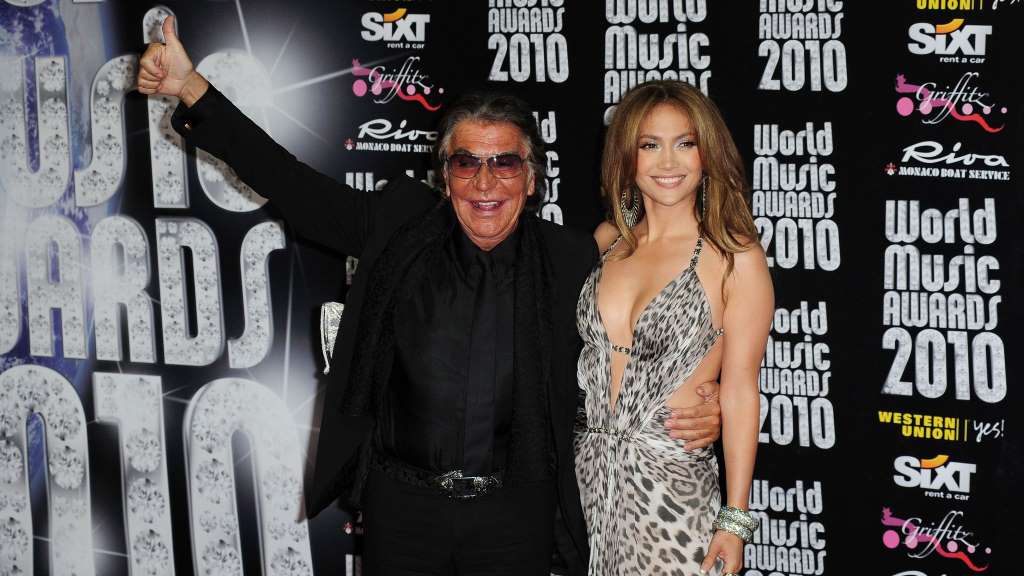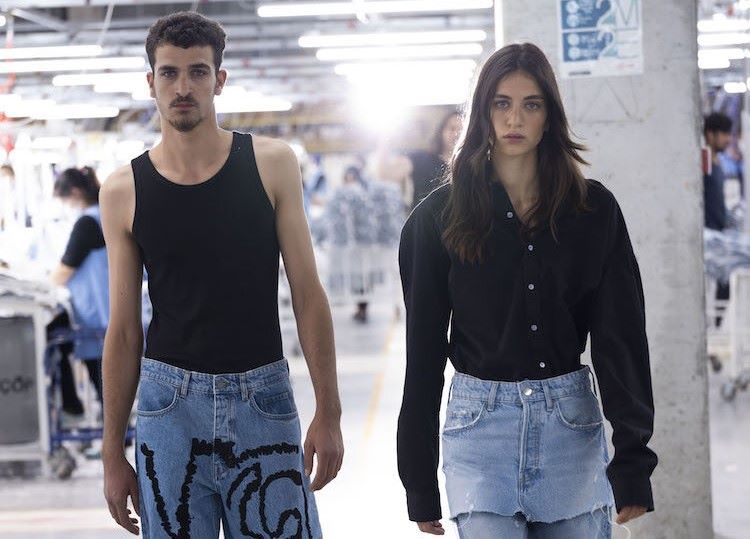"The second largest clothing manufacturer and exporter in the world, Bangladesh has become a major hub for manufacturing of extraordinarily cheap garments. Though industry leaders expected Bangladesh’s status as the world’s top manufacturer of cheap garments to change post the April 2013 Rana Plaza collapse, increased scrutiny did not get reflected in apparel costs."
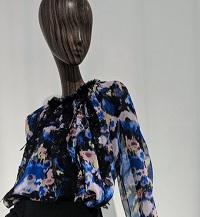 The second largest clothing manufacturer and exporter in the world, Bangladesh has become a major hub for manufacturing of extraordinarily cheap garments. Though industry leaders expected Bangladesh’s status as the world’s top manufacturer of cheap garments to change post the April 2013 Rana Plaza collapse, increased scrutiny did not get reflected in apparel costs.
The second largest clothing manufacturer and exporter in the world, Bangladesh has become a major hub for manufacturing of extraordinarily cheap garments. Though industry leaders expected Bangladesh’s status as the world’s top manufacturer of cheap garments to change post the April 2013 Rana Plaza collapse, increased scrutiny did not get reflected in apparel costs.
Price fall despite rise in initiatives
As Bangladesh-based newspaper Daily Star reveals, prices of apparels made in Bangladesh continue to fall despite increased oversight and the rise in initiatives, such as the Alliance for Bangladesh Worker Safety and the Accord on Fire and Building Safety.
Even an increase in cotton prices, used to make almost 90 per cent garments in the country, have not been able to uplift the price of these apparels. For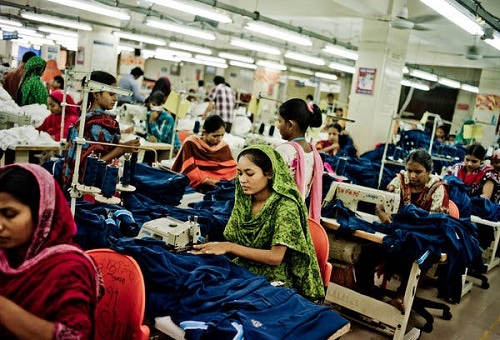 instance, in 2013, the country sold a dozen pair of cotton trousers for $62.26. However, in 2017 prices of the same quantity of pants dropped 12.8 per cent to $54.29 per dozen. At the same time, prices of T-shirts exported to the European Union declined by about 5 per cent.
instance, in 2013, the country sold a dozen pair of cotton trousers for $62.26. However, in 2017 prices of the same quantity of pants dropped 12.8 per cent to $54.29 per dozen. At the same time, prices of T-shirts exported to the European Union declined by about 5 per cent.
Concentration hampers price growth
Reflecting on the falling prices of garments over the past five years Tripti Lahiri, Quartz says, apparel sales are increasingly concentrated in the hands of a few large multinational retailers whose massive orders give them significant legroom to not only set production timelines but also fix prices.
Rubina Huq, President of BGMEA, believes the industry has been over aggressive about price quotes in order to secure business from Western brands and retailers. This has led to buyers taking advantage of the situation by opting for international brands who offer clothes at cheaper rates. As a result, the domestic industry has few options other than reducing the price of their RMG products.

